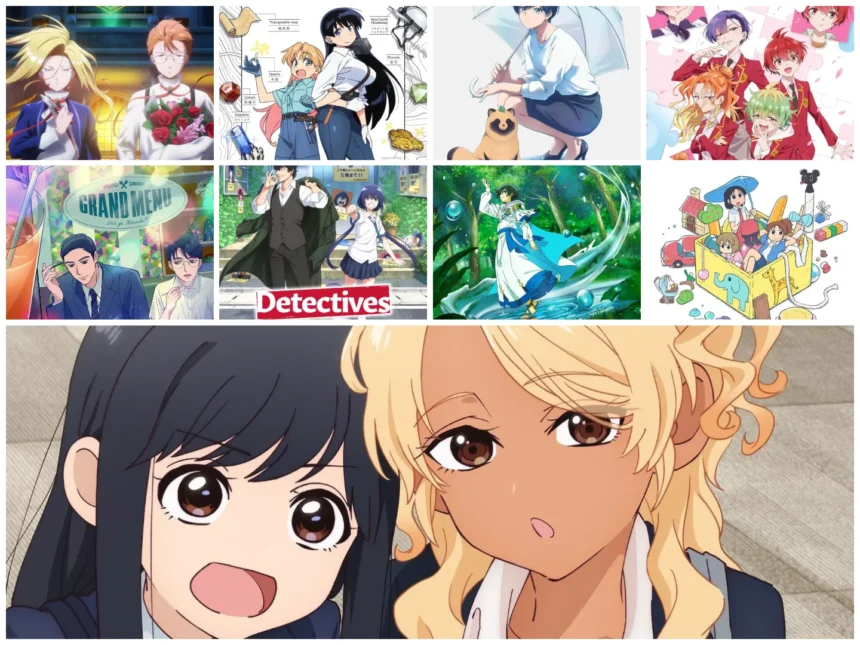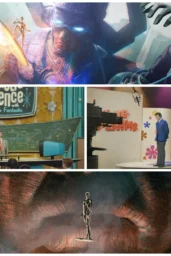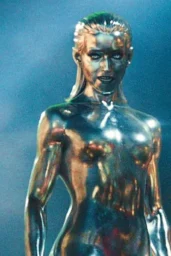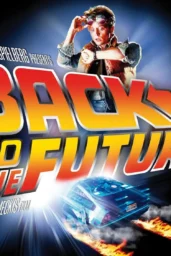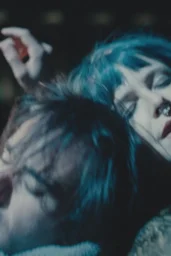There's a peculiar cruelty to summer anime season. The loudest titles—Sakamoto Days, Gachiakuta, Dandadan—arrive with fireworks, streaming campaigns, TikTok-ready clips. And then there are the others. Smaller, quieter, stranger shows that slip by unnoticed while everyone debates shōnen power levels on Reddit.
That's what this list is about: the overlooked. The ones without billboards in Shibuya. The ones you catch at 2 a.m. on a crunchy stream and wonder, “Why isn't anyone else watching this?”
I'll tell you why: timing, hype, algorithms. But here's the truth—several of these series are every bit as moving, funny, or visually daring as the headliners. Some more so. And they'll stick to your ribs long after the loud ones fade.
Dealing with Mikadono Sisters Is a Breeze
Aya Hirakawa's adaptation could've leaned on harem clichés, but instead it sidesteps them. Yuu Ayase is no prodigy—just a kid grieving his mother, trying to hold a house together for three dazzling sisters. What works here is the warmth. It isn't a show about conquest; it's about caretaking. And yes, it's tender enough to bruise.
Hotel Inhumans
Imagine the John Wick Continental reimagined as a weekly anime, with a concierge who doesn't just serve whiskey but picks up arms when things go south. That's Ao Tajima's Hotel Inhumans. Assassins, betrayals, shifting alliances—stylized violence with surprising humanity tucked into its bloodstained hallways.
Ruri Rocks
The anime that turned my Twitter feed into a mineralogy crash course. Keiichiro Shibuya's manga becomes a quiet meditation on crystals, jewelry, and unlikely mentorship between Ruri and the older Nagi. It's niche, sure. But also one of the most visually sincere depictions of obsession you'll see this year.
With You and the Rain
Ko Nikaido's With You and the Rain doesn't move fast—it drifts. A reclusive writer, a tanuki mistaken for a dog, and the kind of understated companionship that belongs in Studio Ghibli's gentler corners. Every episode feels like a soft exhale.
See You Tomorrow at the Food Court
What starts as a meet-cute between opposites—Yamamoto, the gyaru glitterbomb, and Wada, the prim honor student—slowly turns into one of the funniest, sharpest depictions of high-school friendship this season. Conversations over food trays, confessions about video games and folklore. Silly. Tender. Surprisingly sharp.
Let's Go Karaoke!
Yama Wayama gives us one of the season's strangest pairings: a junior high choir boy teaching a yakuza how to sing. Stakes? Losing karaoke contests and getting botched tattoos. Beneath the absurdity lies a surprisingly earnest meditation on voice, vulnerability, and the pain of growing up.
Detectives These Days Are Crazy!
Masakuni Igarashi asks a blunt question: what happens when the hard-boiled detective ages out? The answer: bad knees, failing tech skills, and a teenage apprentice dragging him back into relevance. Funny, messy, and not a little tragic.
The Water Magician
Slow, deliberate, hypnotic. Tadashi Kubo's light novel adaptation isekai leans less on spectacle and more on patience—water flowing, evolving, reshaping. Ryo's desire for peace and craft over conquest is a refreshing break from the genre's louder cousins.
City the Animation
From Keiichi Arawi (Nichijou) and Kyoto Animation, City is pure chaos—voices overlapping, perspectives colliding, frames bubbling with anarchic detail. The Mont Blanc Trio are disasters worth following, and the series pushes KyoAni into playful new territory. Gorgeous. Grating. Gorgeous again.
Why These Shows Matter
Because anime isn't only about the loudest adaptations or the biggest fight choreography. It's also about a boy cooking meals for sisters who can't stop sprinting toward their futures. About assassins sipping coffee between bloodshed. About rocks, karaoke, and detectives with sore backs.
Ignore them, and you'll miss the quiet revolution happening at the edges of the medium.
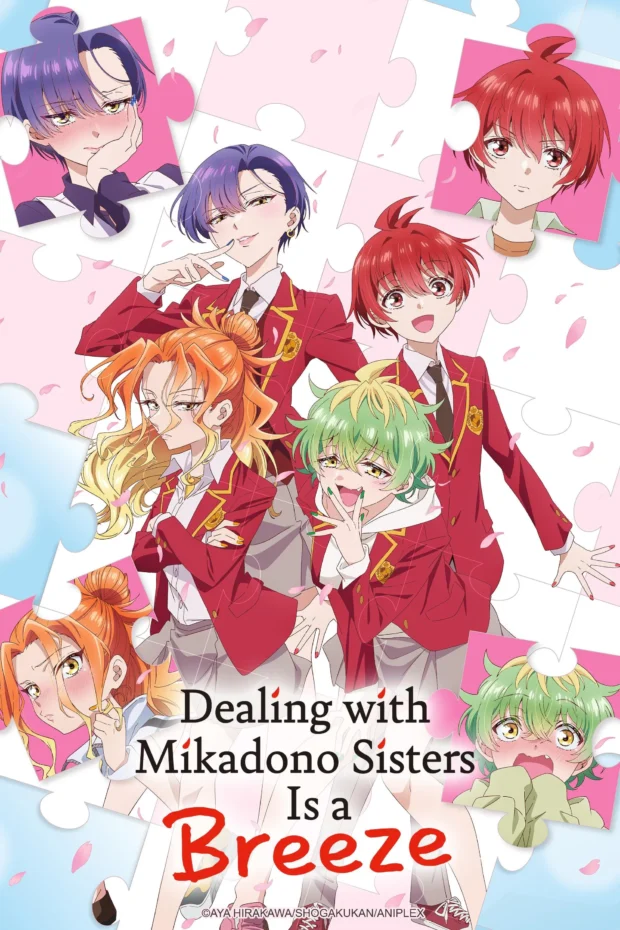
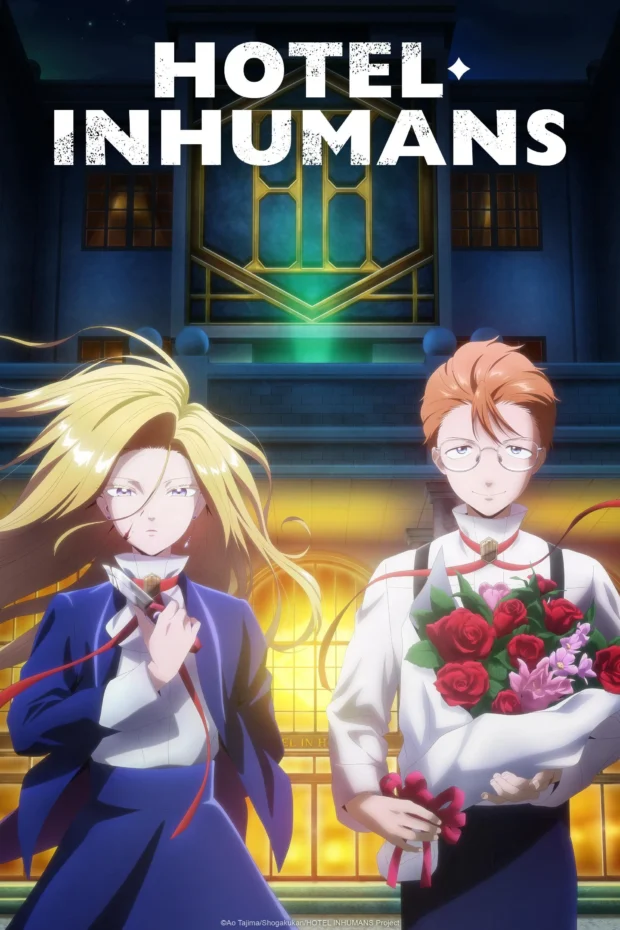
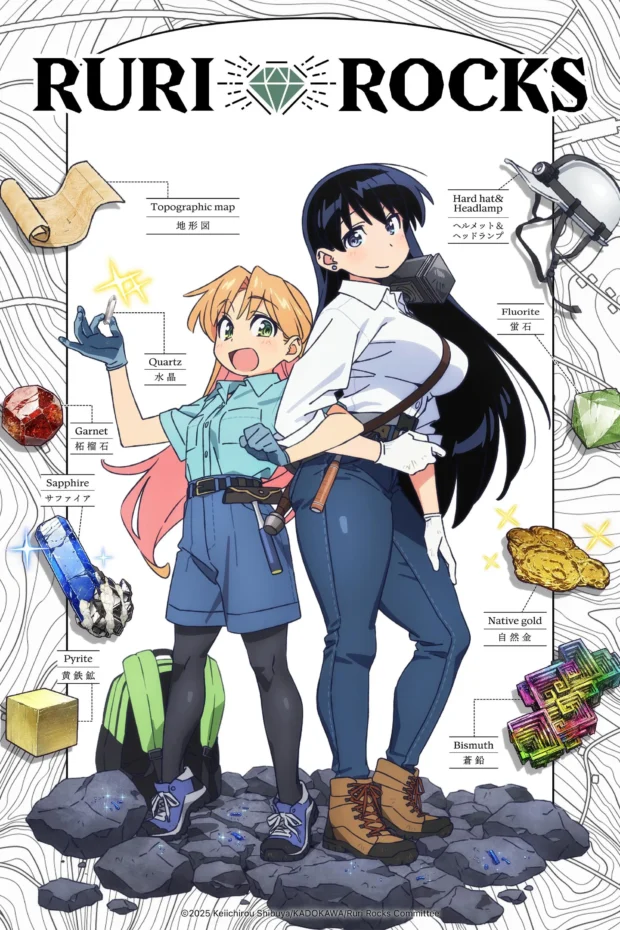
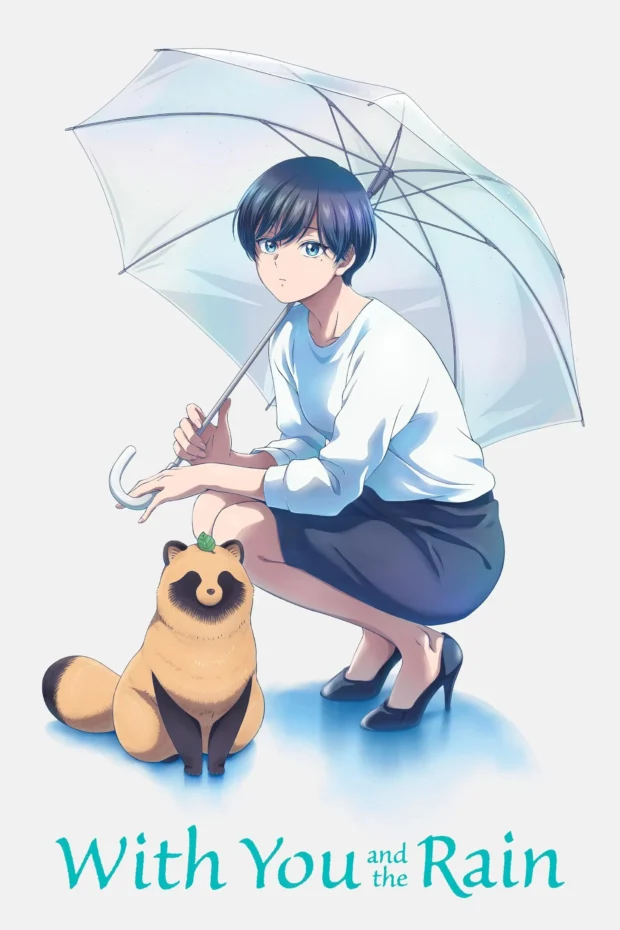
What You Should Know Before Catching Up
- These aren't filler. Every series here has a distinct voice, even if hype drowned them out.
- Slice-of-life reigns. From food courts to karaoke rooms, these stories thrive in small, intimate spaces.
- Genre subversions abound. Harem, isekai, detective drama—all bent into new shapes.
- Kyoto Animation delivers. City the Animation might be their funniest, most experimental work since Nichijou.
- Heart over spectacle. None of these are about endless power-ups—they're about people trying (and failing) to connect.
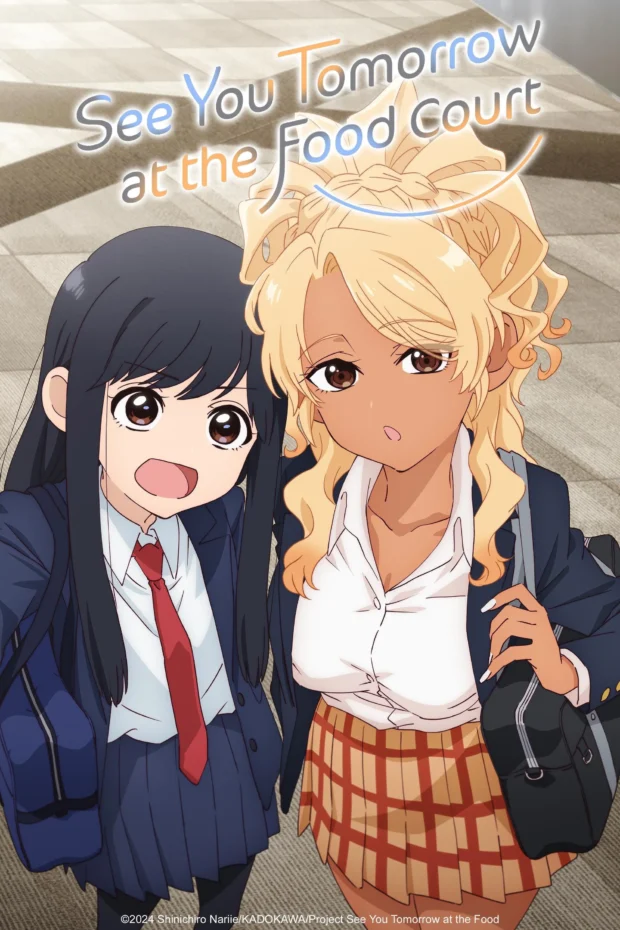
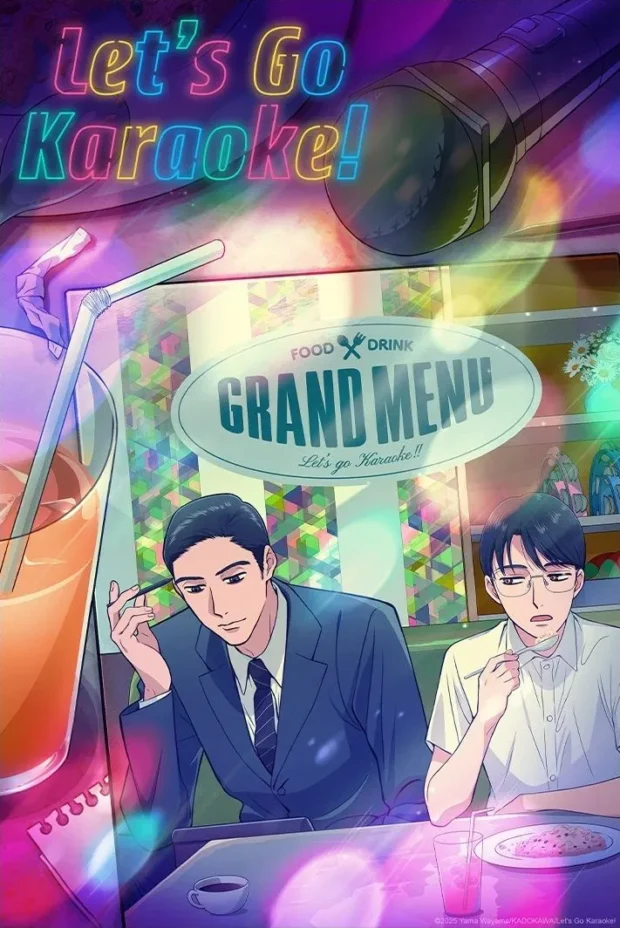
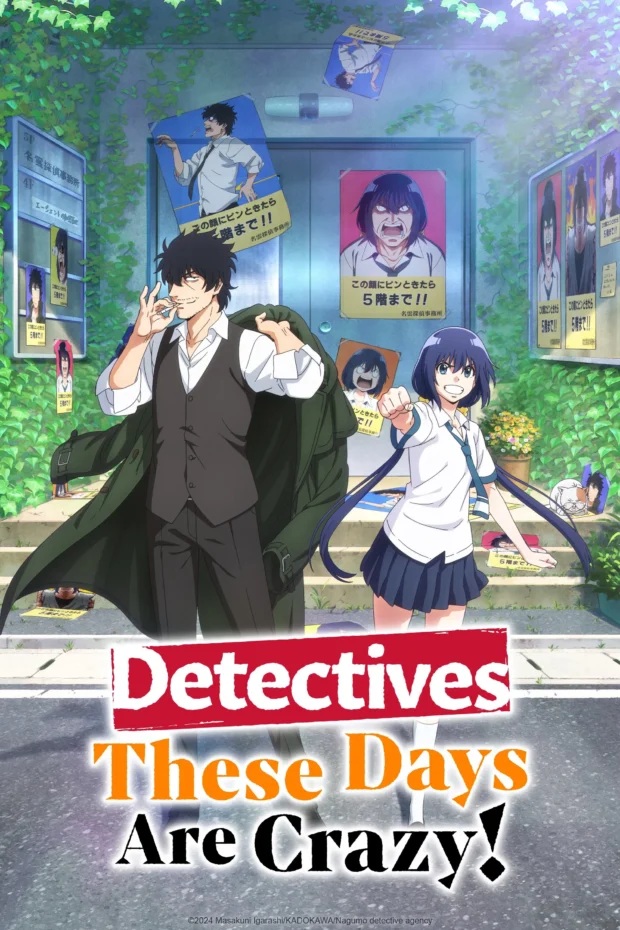
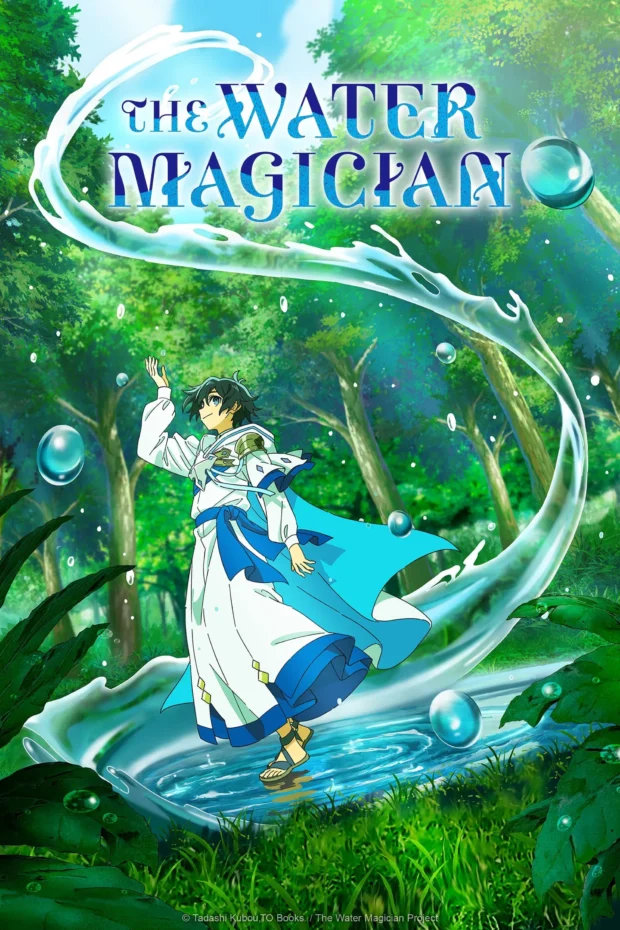
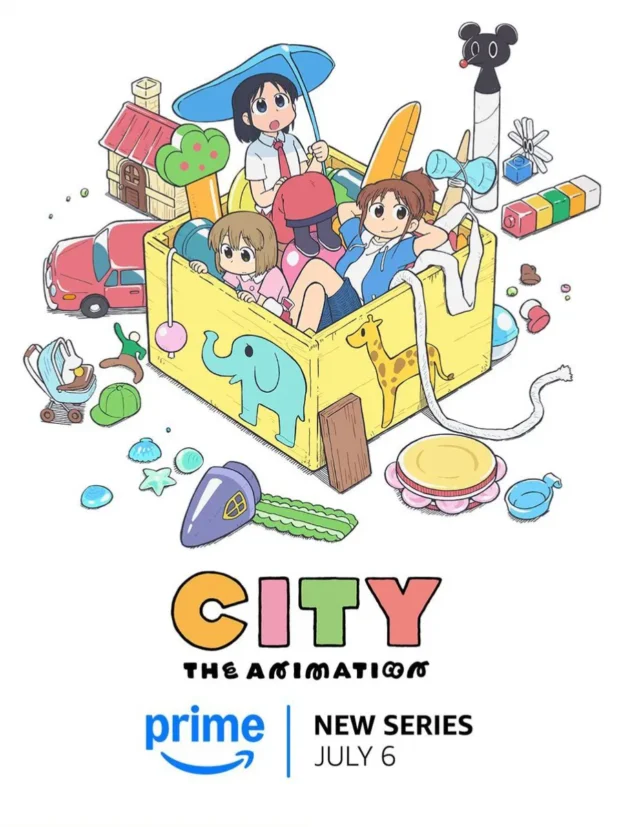
References:

